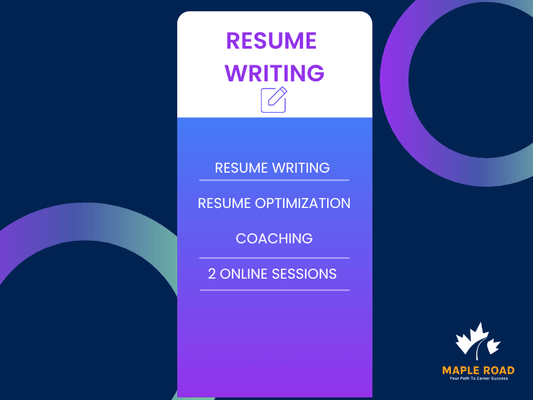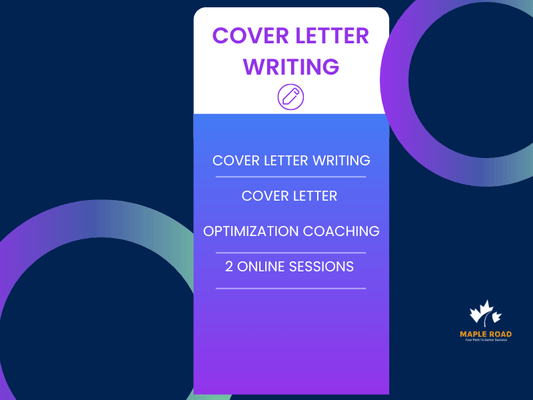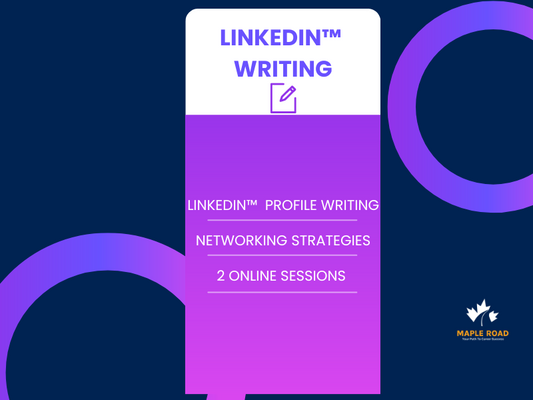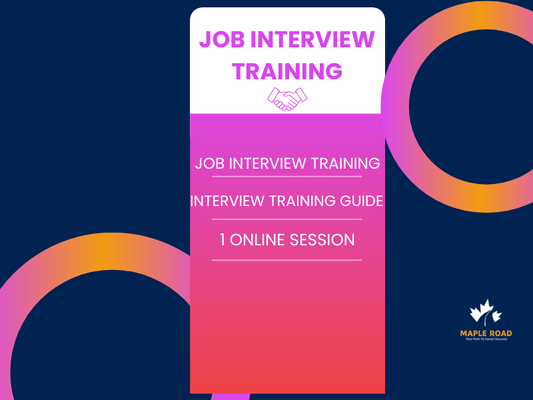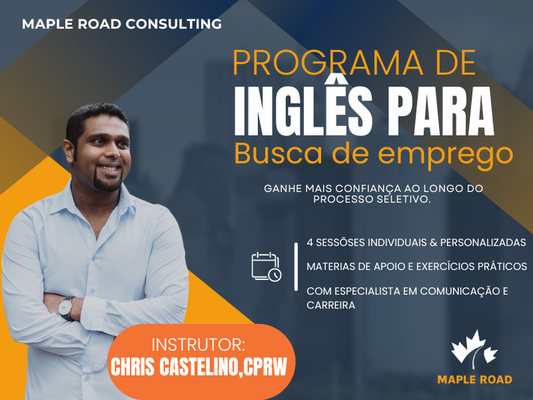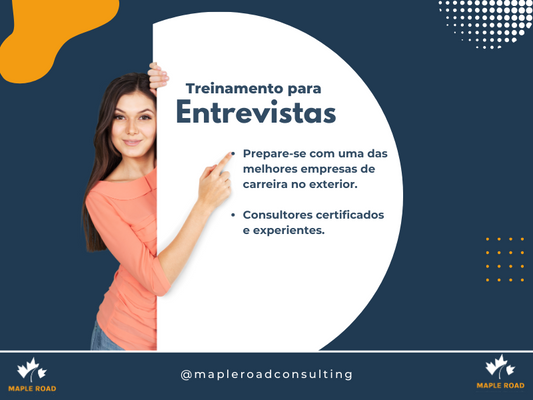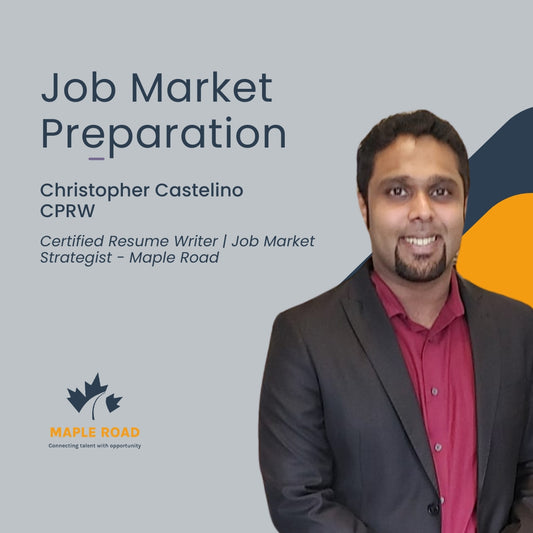Let’s be honest: employment gaps can feel awkward. Whether it was a few months or a few years, the time you spent away from work might seem like a glaring red flag to employers—or at least, that’s what we’ve been conditioned to believe.
The truth? Life isn’t linear, and neither are careers. People take breaks for school, to care for loved ones, to deal with personal struggles, or simply to reevaluate what they want in life.
Here’s the thing: your employment gap is not an apology waiting to happen. It’s part of your story, and like any good story, it’s all about how you tell it. Instead of trying to erase the gap, face it with confidence. Let’s dive into how you can address employment gaps without excuses or apologies, while staying true to yourself.
Why You Shouldn’t Mention It in Your Resume, LinkedIn, or Cover Letter
First things first: don’t bring up your employment gap in your resume, LinkedIn profile, or cover letter. These documents are your marketing materials—they’re meant to highlight your strengths and accomplishments, not explain your life story. Mentioning a gap here only draws attention to something that doesn’t need to take center stage.
Think about it: employers are looking at your resume to figure out if you have the skills and experience they need. They don’t need an explanation about why you weren’t working during a certain period of time. If it’s relevant, it will come up in the interview, and that’s where you can address it directly and confidently.
Instead of wasting valuable space explaining gaps, focus on showcasing your value. Highlight what you’ve achieved, the results you’ve delivered, and the skills you bring to the table. The gap doesn’t define you—your contributions do.
Acknowledge the Gap Early in the Interview

If the gap does come up, don’t wait for the interviewer to point it out. Bring it up first. Why? Because it shows you’re self-aware, proactive, and confident. There’s no need to dance around it or hope they won’t notice. They will, and that’s okay.
Try to make it a part of your career narrative, naturally.
Here’s how you might address it early:
“After that role, I took some time off/stepped away from formal employment to [reason: care for family, focus on education, deal with health issues, etc.]. I gained [specific skills or perspective, for example building resilience, commitment, etc.] during that period, and I’m excited to bring the insights and experience I've gained to this role.”
By addressing the gap head-on, you remove any mystery. You also control the narrative, positioning the gap as a purposeful part of your journey rather than something you’re ashamed of.
Frame the Gap as a Strength

Employment gaps aren’t empty spaces in your career—they’re chapters of growth. Whether you were caring for a loved one, recovering from burnout, or taking time to learn something new, those experiences added depth to who you are.
Examples of Reframing Employment Gaps:
- Family responsibilities? Talk about how you strengthened your organizational skills, adaptability, and ability to manage competing priorities.
- Health recovery? Share how it taught you resilience, self-awareness, and the importance of balance, which helps you perform at your best.
- Personal development? Highlight any certifications, courses, volunteer work, or passion projects that kept you engaged.
Example Statement:
“During my time away, I focused on caregiving, which taught me how to manage crises calmly and prioritize effectively. Those skills have become a core part of how I approach challenges in both life and work.”
This reframing helps employers see your gap as part of your growth, not a liability.
Nobody Can Fully Understand Your Journey—And That’s Okay
It’s important to remember that no interviewer—no matter how empathetic—can fully grasp the complexity of your life from a brief conversation. They weren’t there when you made the tough decisions, navigated personal challenges, or rebuilt your career path. And you don’t need them to understand it all.
What you do need to do is acknowledge your journey confidently. Own your story without oversharing.
Example Statement:
“The gap in my career reflects a decision I made to focus on [specific reason]. It was the right choice for me at the time, and I’m proud of the clarity and skills I gained during that period.”
You don’t owe anyone an in-depth explanation. You just need to show that you’re ready for what’s next.
Prepare for Questions Without Over-Explaining

Some interviewers will probe deeper about your gap. Don’t panic—this is an opportunity to showcase your confidence. Keep your answers brief, direct, and focused on the future.
Common Questions and Responses:
-
Why did you take time off?
“I made a decision to step away for personal reasons. During that time, I [briefly mention relevant activity like upskilling, volunteering, or caregiving], and I’m excited to apply those experiences to this role.” -
What did you learn during that time?
“That period taught me [specific skill, such as adaptability, resilience, or time management], which has strengthened how I approach challenges professionally.” -
How can we be sure you’re ready to reenter the workforce?
“I’ve taken the time to reflect on my goals and ensure I’m fully prepared to commit to this opportunity. I’m confident that my skills and focus align with the needs of this role.”
Keep your responses concise and redirect the conversation to your qualifications.
Focus on the Present and Future

Once you’ve addressed the gap, shift the focus back to your strengths and what you bring to the table. The goal is to show that you’re ready, capable, and excited for this role.
Example Statement:
“While I wasn’t in a formal role during that time, I stayed engaged with [relevant activities or skills development]. I’m now ready to apply those skills to contribute meaningfully to your team.”
The more you focus on the value you offer now, the less the gap matters.
Drop the Apologies, Drop the Excuses
Here’s the bottom line: don’t apologize for your gap. Don’t over-explain it, don’t downplay it, and don’t frame it as a weakness. Apologies and excuses only invite doubt, whereas confidence reassures employers that the gap is a non-issue.
Think about it this way: Your employment gap was a part of your life, just like every job you’ve ever had. It doesn’t define you. What defines you is how you’ve grown, what you’ve learned, and the value you’re ready to bring to the next chapter of your career.
Parting Thoughts
Employment gaps are not the deal-breaker they’re often made out to be. When addressed thoughtfully, they can become a powerful part of your story—a testament to your resilience, adaptability, and self-awareness.
By acknowledging them confidently in interviews and focusing on your value, you shift the narrative away from what you’ve done in the past to what you’re ready to do in the future. Remember, you’re more than a gap on your resume. You’re a professional with skills, experiences, and a story that no one else can replicate. Own it.




